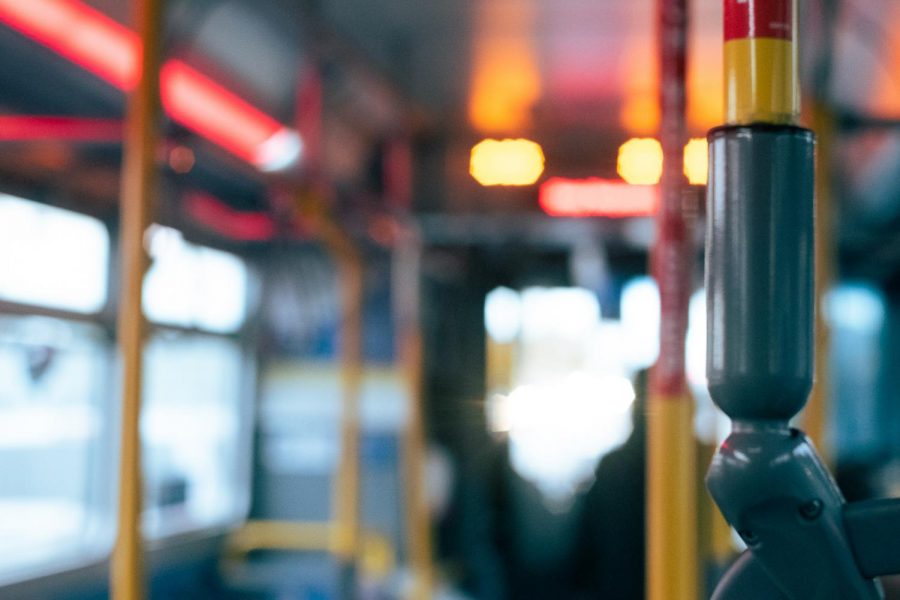Free and Safe Public Transit Should Be a Right, Not a Privilege
Free public transit would help address many concerns that society is currently facing, such as climate change and income inequality.
October 27, 2021
On a recent trip to Boston to visit colleges, I was faced with an evening of great challenge, independence, and unfortunately, fear — feelings that were eventually curbed by reliance on Boston’s public transit system, the T.
Following a long day of walking the many universities Boston has to offer, I concluded my search with a nice dinner by myself in the popular Newbury neighborhood. This was my first trip without company, as my dad was in the area for work, but our paths only crossed when it was time to sleep at the hotel.
I viewed the three-day expedition as a sort of trial period before I ventured out for college to do “the real thing,” as an actual adult.
Around the time that I paid the bill, my phone’s battery died as it had been drained by a day full of Google Maps usage. In our technology-driven world, this simple struggle left me stranded, without access to my Uber account or even the ability to call my dad.
I began to consider all of my options, which led me to walk up and down the avenue searching for some sort of phone store. I discovered an Apple store, and I had found my solution, or so I thought. The store’s blinding fluorescent lights remained on, but the doors were locked, and the store was empty.
Plan B was to attempt to navigate the subway system, and while that task seemed daunting, it also seemed like my only option.
After asking a random person on the street to point me in the direction of the nearest entry point to the underground train, I descended down to a humid, stinky, saving grace. I stepped up to the kiosk to purchase a three-dollar ticket back to my charger, and my safety, only to realize that in all of my stress at the restaurant, I had left my debit card behind.
How was I going to use the subway to struggle home if I couldn’t even pay for a ticket? I began to realize how the lack of free transit might affect people who were in a similar position. Although I know that my level of irresponsibility is not super common, I also know that mistakes happen.
As an able-bodied white woman, I was able to negotiate my way into a free ticket with ease, but I know my experience would not parallel that of many other people.
I anxiously gripped a handrail on the T’s green line among Bostonians who seemed to know the route like the back of their hand, and I asked myself questions about how people without a charged phone, or even a steady income, could find their way around in a manner that is safe and reliable. Three dollars might be a half-price latte for some, but for others, that is the cost of their lunch in groceries.
The pandemic has created even more financial uncertainty for low-income blue-collar workers, many of whom live in major cities where public transit is vital. For a lot of these people, their daily commute to work might look different as they’ve had to adapt to new jobs, new school routines for their children, and different incomes.
Owning a car and having insurance is expensive as is, but paying for such in these major cities is an even bigger expense that many people cannot afford. This further highlights the importance of free public transportation.
Even in places like New York City where owning a car is relatively rare, monthly Metrocards — which are the cards used as fare for their subway system — cost a minimum of $127 for unlimited rides. This is a considerable amount out of the paychecks of many, and forces many working-class families to stretch their budgets even thinner.
Free public transit would allow people in major cities to carry less financial stress in regards to transportation, and it would provide them with a reliable way to work at all hours of the day.
When considering the general importance of public transport, beneficial factors such as lower pollution levels, less parking stress, and of course the much-needed access for working-class people further emphasizes how crucial it is that we not just keep these systems in place, but expand their access to everyone.





